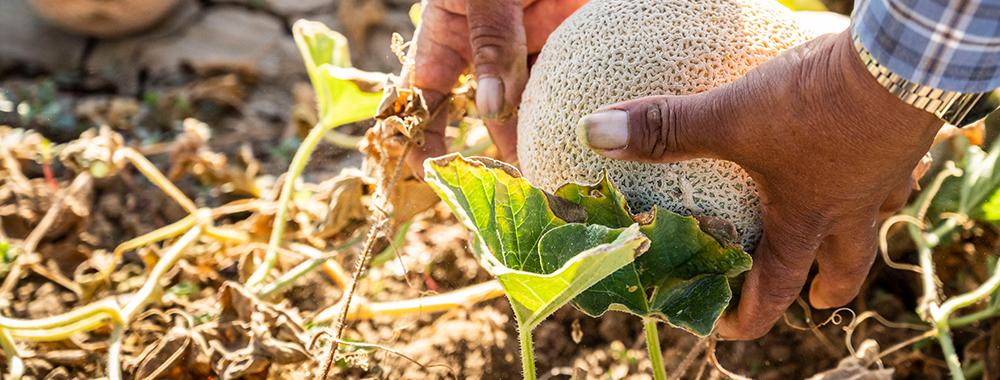Standardizing the language of plant pathogen strains or races
Disease resistance is an important trait for the sustainable, profitable production of vegetables. Farmers want to know that the seeds they plant are able to outcompete a diverse array of plant pathogens and pests that could threaten their crops.
Currently, there is no uniform system for naming the multiple strains and races of plant pathogens, which can hinder breeders’ ability to keep up with emerging threats and undermine the accuracy of plant disease diagnostics and disease-resistance claims. CPPSI was established to address that need and help formalize a process for naming plant pathogen races and strains.
We work with public, private and government scientists and groups around the world to develop and provide the vegetable seed industry the tools to consistently identify plant pathogen race and strains. These efforts build confidence and clarity in disease-resistance claims and help develop early notification of new and emerging strains of pathogens.
Our working group is composed of scientists from the public, private and government sectors and represent organizations and companies who have become CPPSI members. Working group members collaborate to set disease system priorities and decide which will be developed into reference materials.


